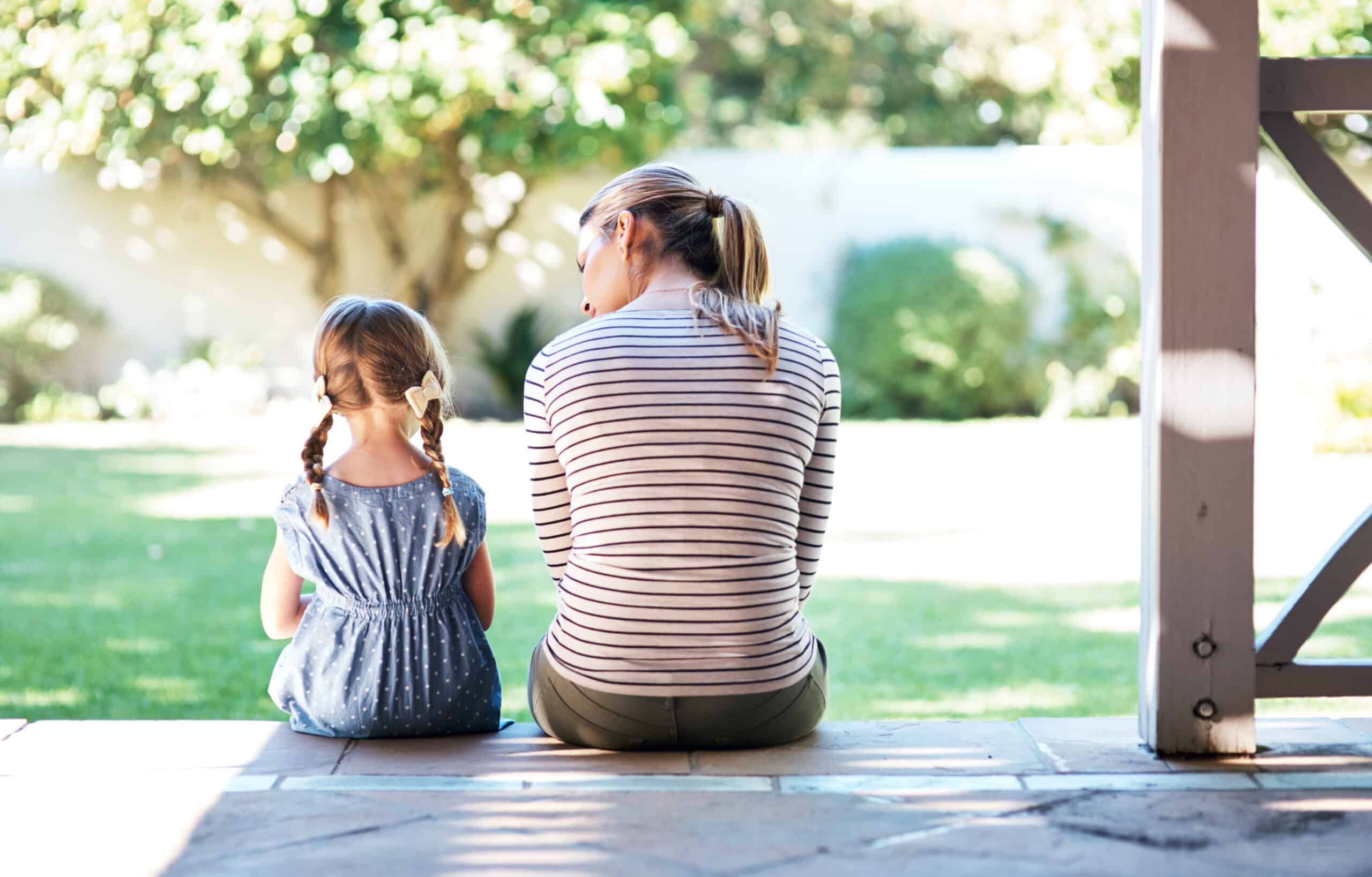When An Assessment Can Help.
Common signs include:
- Big feelings, meltdowns, or shutdowns after school
- Aggression, hitting, kicking, or throwing when overwhelmed
- Frequent oppositional or defiant behaviour at home or school
- Eloping, bolting, or unsafe risk taking
- Trouble following instructions or routines
- Tantrums around transitions or unexpected change
- Attention, impulsivity, or hyperactivity concerns
- Worry, separation distress, or school refusal
- Sleep, feeding, or toileting behaviours that affect family life
- Sensory seeking or sensory avoiding in busy places
- Friendship strain from rough play or social misunderstandings
These are differences, not failings. Understanding them unlocks the right supports.


.jpg)
.jpg)
.jpg)
.jpg)
